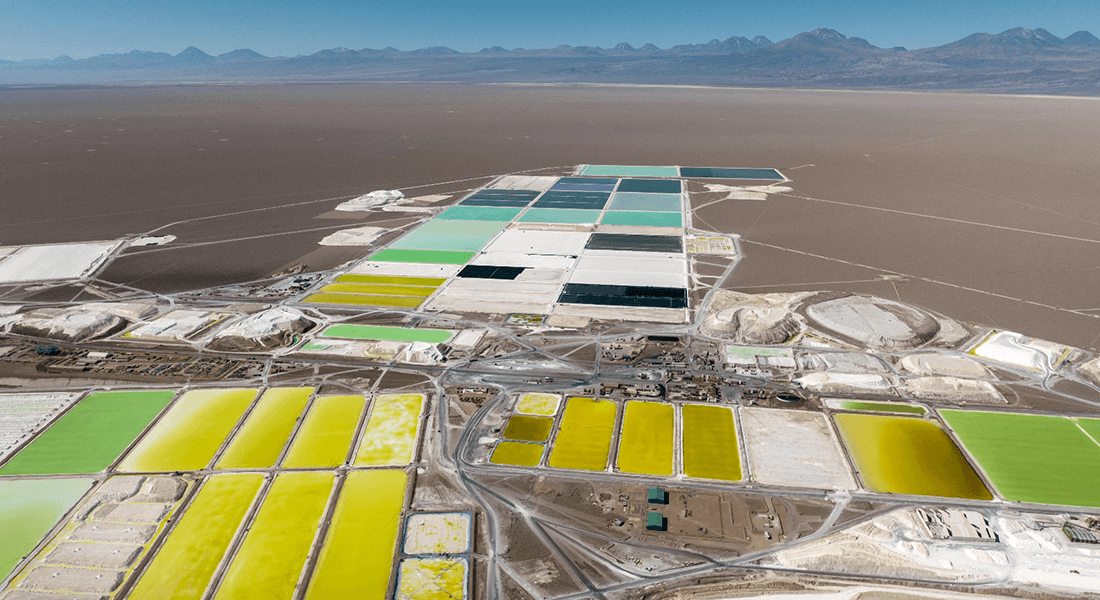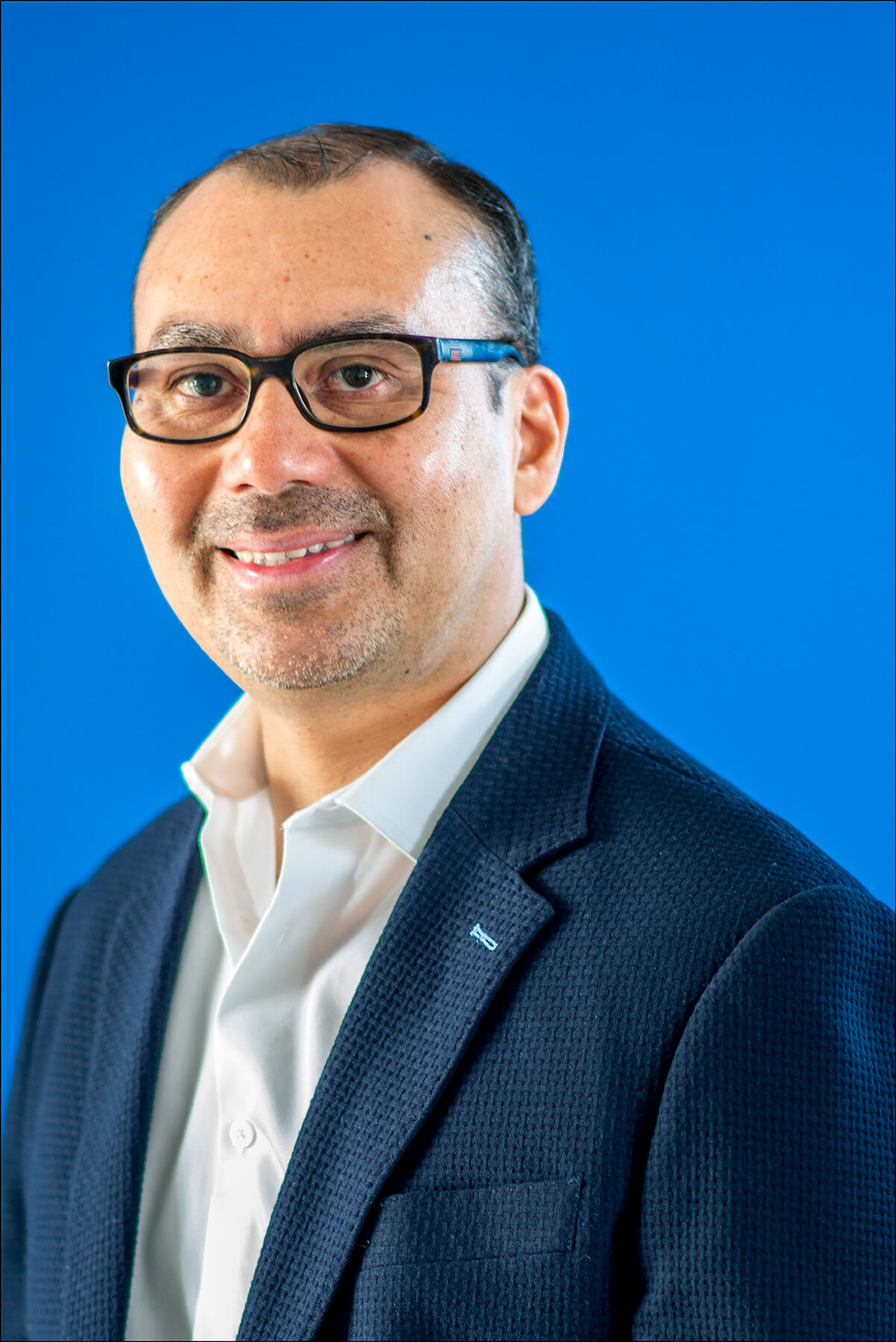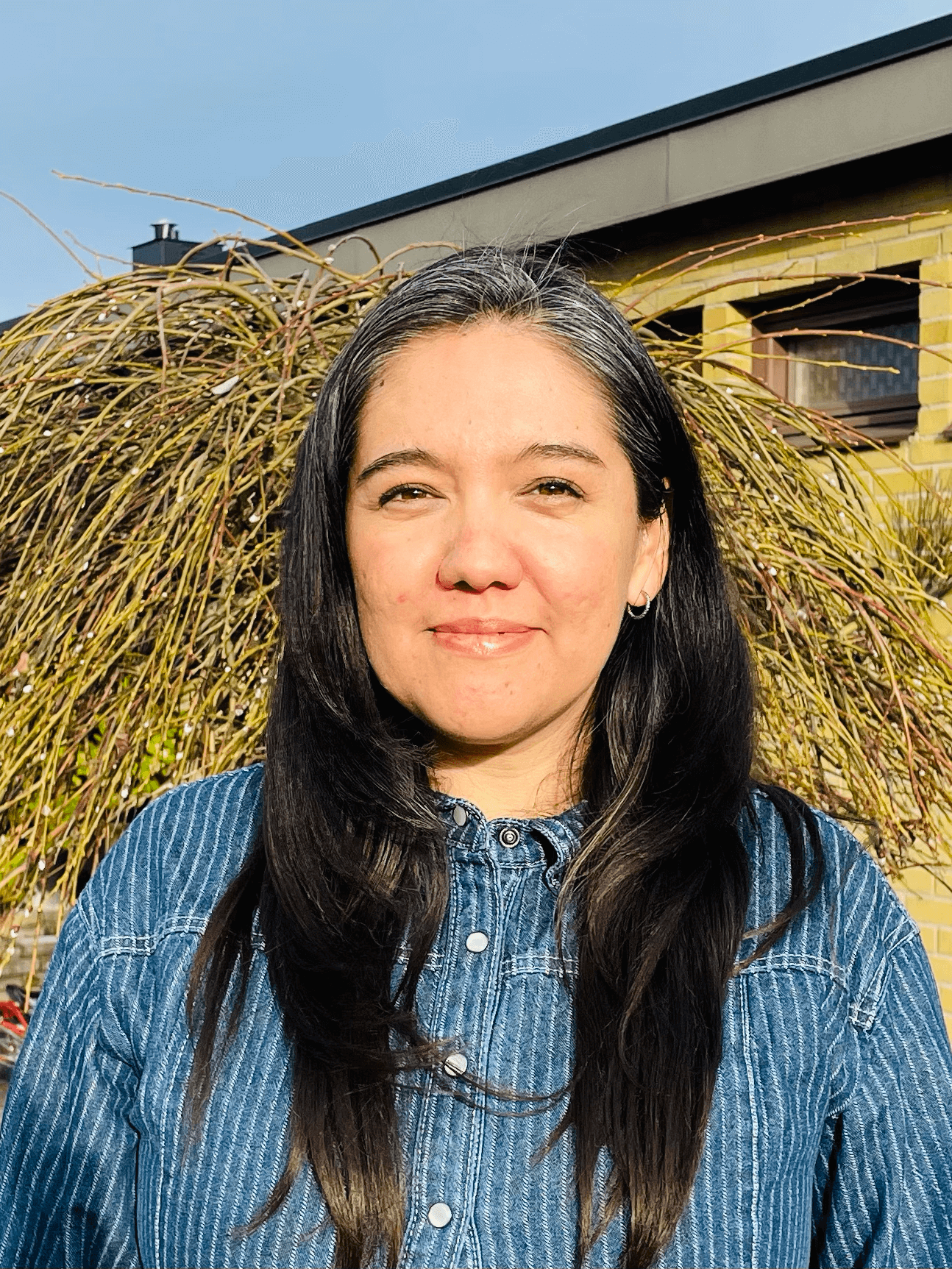Powering the Future, Exploiting the Present: Lithium, the Green Transition & Environmental Justice

Collaboration between the Green Youth Movement, Eye on Global Health and School of Global Health
Why this collaboration?
The Green Youth Movement and Eye on Global Health are two active student initiatives in Copenhagen. We wanted to collaborate to explore the interconnectivity between our two missions: Planetary health, environmental justice and decolonisation. From our early brainstorm sessions, we landed on (lithium)mining, an industry that is strongly connected to the green transition, whilst also showcasing challenges of neocolonialism and local as well as global health- and environmental challenges.
About the event
In this event, Lithium Mining in the Lithium Triangle in South America is used to examine the interconnectivity of societal and systemic challenges around the Green Transition, green extractivism and (neo)colonialism. Lithium mining, being the lifeline of the green transition, provides opportunities for greener energy and greener economies. However, when zooming into the local dynamics around lithium mining, social and systemic injustices are exposed, brought by neoliberalist ideologies and neocolonial tendencies, which establish power inequalities. Profits go to powerful corporate companies while local mineworkers are often left with the negative spillover effects of mining: health challenges and environmental pollution.
When discussing the challenges around lithium mining, we cannot just speak of water shortages, or environmental pollution as siloed problems that mine workers and the local population can be blamed for. Instead, there is a web of concepts that define how systemic inequality and injustice create on-the-ground power imbalances in access and opportunities, creating localised problems. Using a shift of lenses, we try to demonstrate the interconnectivity between climate change and the green transition, neocolonialism and health inequity, to showcase that these challenges can only be addressed when looking at the interconnectivity of problems at a systemic level.
Join us for this night of discussions, zooming into the complexity of lithium mining in this part of the world!
Sign up now for the event and a free sandwich!
The event is supported by Global Development Network and Tuborg Fondet.
Speakers
 |
Jacobo Ramirez- Associate Professor in Latin American Business Development Jacobo Ramirez is an Associate Professor in Latin American Business Development at the Department of Management, Society and Communication (MSC), Copenhagen Business School (CBS). Dr Jacobo Ramirez’s research focus is on sustainable business development in Latin America, a region with security risks, fragile formal institutions and social unrest, among other features, yet also a growing income. Sustainable business development in such ‘transitioning contexts’ offers numerous research avenues. The first angle of Ramirez’s research focuses on people management in security risk contexts; the second is on ‘green business’, with an emphasis on how businesses can help to mitigate the impact of climate change. Jacobo Ramirez is a Mexican–Danish double national born in Mexico to indigenous Mexican parents from the Isthmus of Tehuantepec, and has lived and worked in Copenhagen since 2006.
|
|
Ricardo Gabbay de Souza - D.Sc. with habilitation in Solid Waste, Associate Professor at DTU Sustain Ricardo Gabbay de Souza has a research focus on lifecycle sustainability assessment of waste management and circularity systems, also looking into the informal sector. He has been investigating e-waste streams for more than 15 years, mostly analysing social and environmental aspects in Latin America. More recently, he has developed studies on the lifecycle impacts of lithium-ion batteries, and particularly the lithium production in Latin America. Born in the Amazon region of Brazil, Ricardo has been engaged with these topics after having closely experienced the poor life conditions of waste pickers in Brazilian open dumpsites. Another of his drivers is his empathy for indigenous tribes that have been harmed by the widespread illegal gold mining in the Amazon forest. This deep respect extends to the natives of the area now known as the ‘Lithium Triangle’, as well as to indigenous people all over the planet. |
|
  |
Ingrid Altamirano- Doctoral Student in Human Geography at Lund University Ingrid Altamirano has a background in International Relations and geopolitics of critical minerals, with a Master of Science (MsC) in Human Ecology: Culture, Power and Sustainability and a Magister of Arts (MA) in Epistemology of the South. Her research interests focus on the intersection of environmental and social sustainability, with a strong emphasis on interdisciplinary approaches to energy transitions and extractivism, both in the Global South and Global North. She currently studies the social reproduction of the “green” battery industry across geographies of extraction and manufacture, taking case studies from Northern Chile and Northern Sweden. She has extensive fieldwork experience and has previously investigated the case of Canadian mega mining in Central Mexico. |
